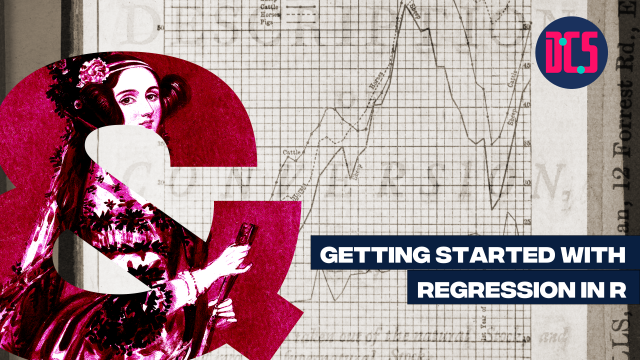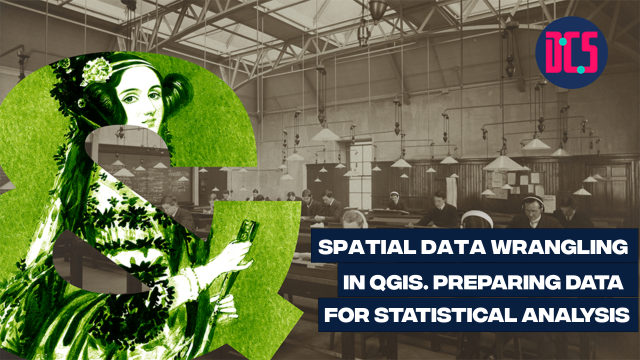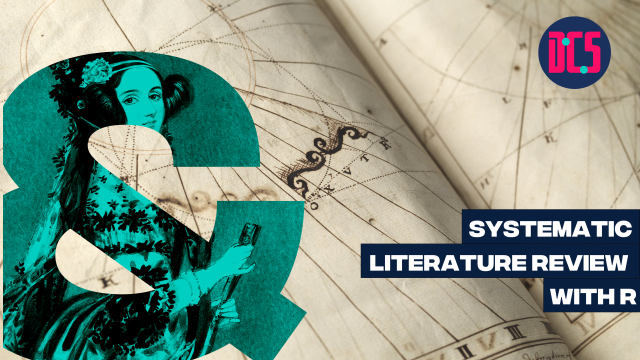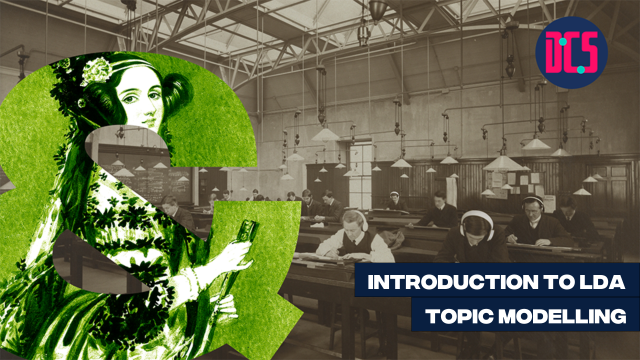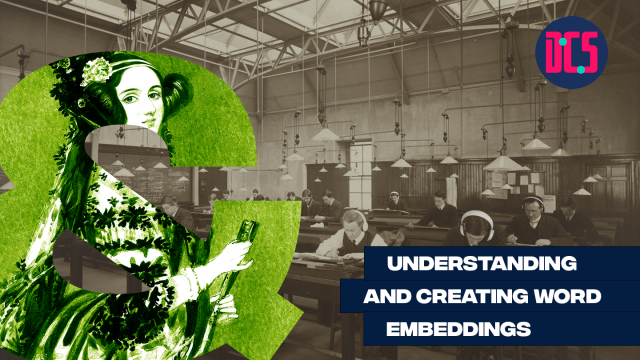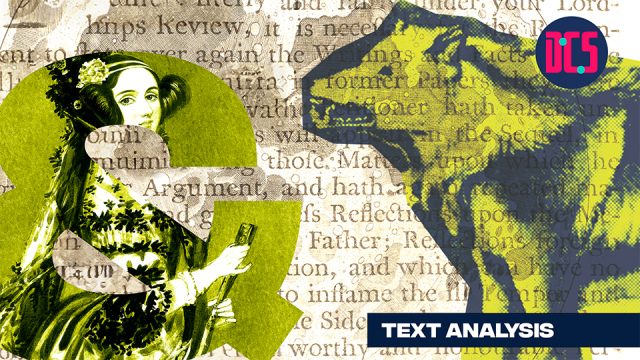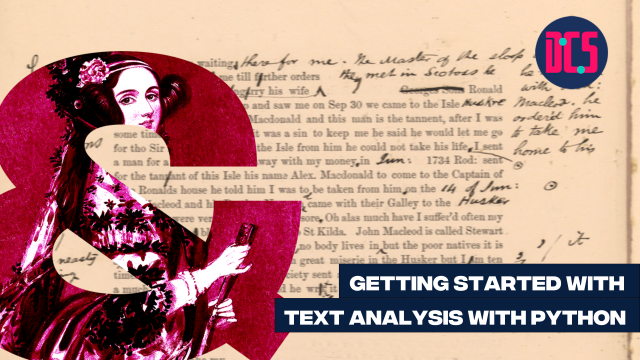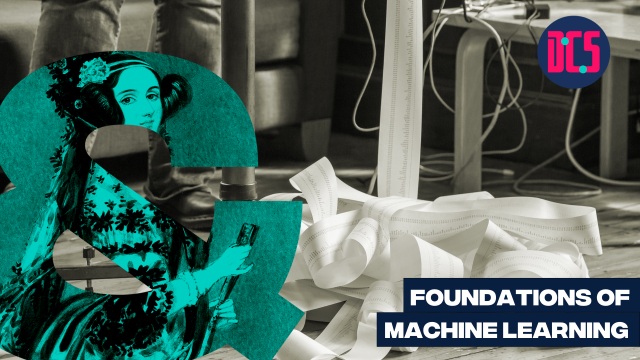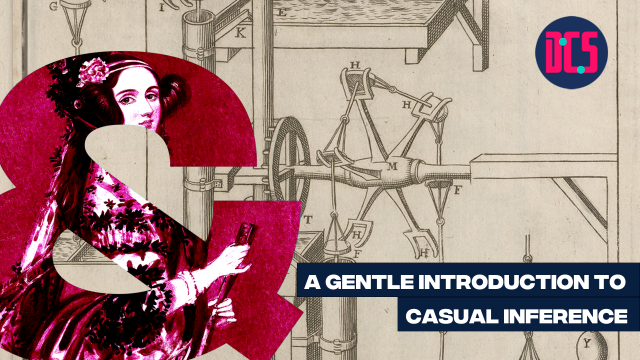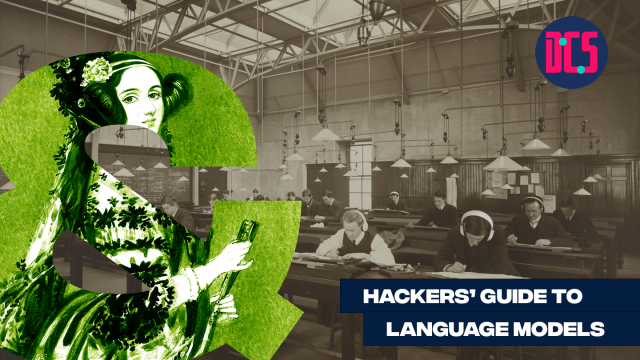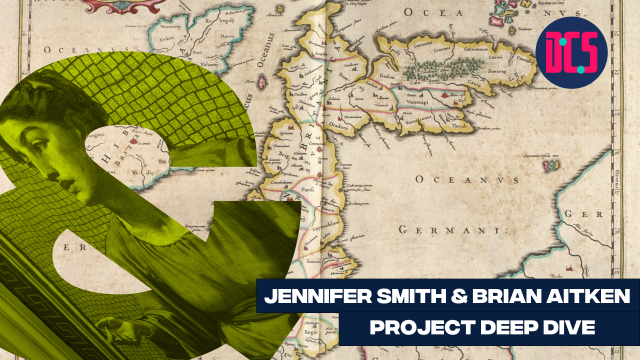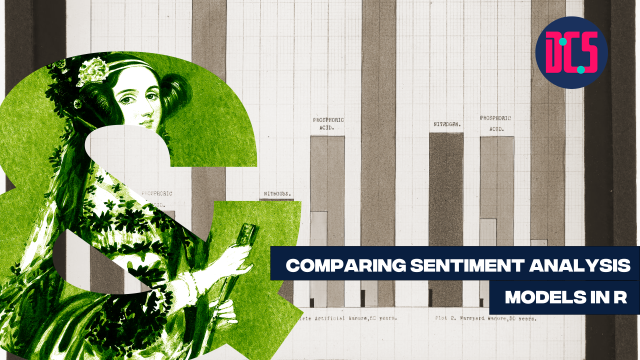Re-materializing the Digital: Governmentality and the Environmental Consequences of Life Online
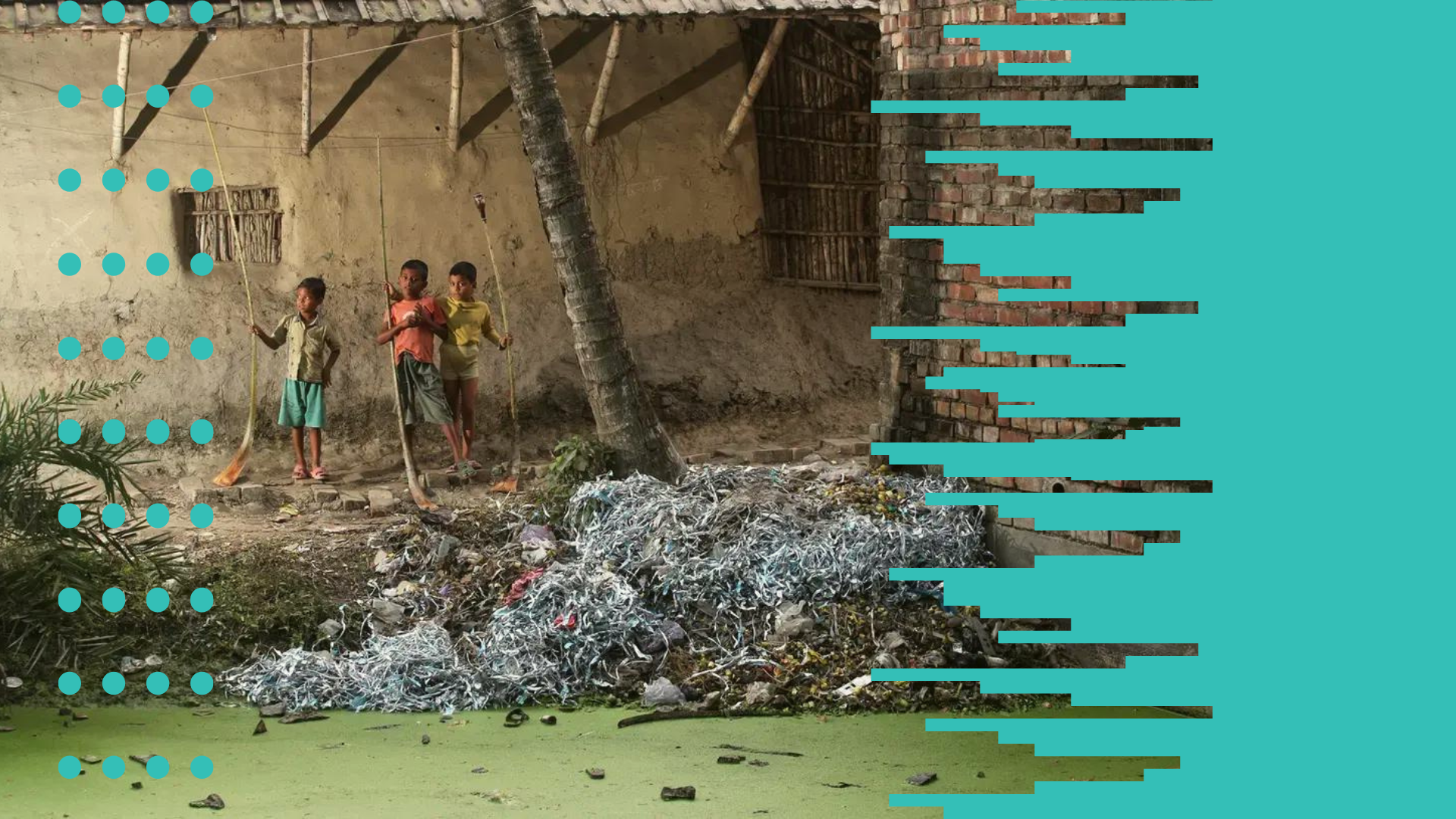
Abstract
As ‘we’ become increasingly immersed in life online, the material reality of toxic harms to the lives and landscapes that enable ‘our’ virtual worlds remains hidden from view. Research has begun to show that every stage of the process of producing, distributing, using, and finally disposing of digital devices creates a toxic legacy that has yet to be fully reckoned with. Invariably, the highly polluting stages in the production of digital technologies, from digging for ‘conflict minerals’ to dumping of digital debris in landfills, form the livelihoods of marginalized communities in developing countries of Africa, Asia and South America, where lax regulations enable the continued exploitation of vulnerable people and places. However, the management of digital toxicity is not just a technical problem to be “fixed” by techno-solutionism rather, it is a complex, social and cultural problem because reducing the impact of digital technology on the human and other-than-human environments will necessitate a change in how we think about, use, produce and dispose of the devices that are an indispensable aspect of ‘our’ daily lives. In employing Foucault’s concept of governmentality as the prompt to think about how a situation is rendered governable, this project addresses an urgent problem: what constitutes “good governance” apropos the environmental costs of digital technology? As a way of focusing my consideration of the material consequences of digital lives, I will investigate the ‘end of life’ governance of digital devices in India (third-largest e-waste generator by total volume). In pursuing how e-waste is made governable, I aim to render visible the thornier issues of colonial histories and the asymmetries of power and privilege that structure contemporary waste management practices. In other words, I am interested in asking, “what are the colonial histories of ‘our’ digital cultures?”
Speaker Biography
Dr. Dipali Mathur completed her Ph.D. in Environmental Humanities and Cultural Studies from the University of Wollongong (UOW) Australia in March 2022 under the supervision of Professor Ian Buchanan. She was awarded the “Examiners’ Commendation for Outstanding Thesis Award” by UOW, and her thesis has recently been published as a monograph by Lexington Books (imprint of Rowman & Littlefield) in September 2022. Dipali is an Honorary Fellow at UOW Australia for the period 2022-2023, and she is an affiliated researcher with the Posthumanities Hub at Linkoping University, Sweden. Prior to commencing her Ph.D. research in Australia, Dipali obtained her Bachelor’s and Master’s Degrees in English Literature (with distinction) from the University of Delhi, India and then went on to teach English Literature and Critical Theory at the University of Delhi as an Assistant Professor from 2013-2015. She is currently a Digital Scholarship Postdoctoral Fellow at the Institute for Advanced Studies in the Humanities (IASH) at the University of Edinburgh.
Event Information
This event will take place in the Digital Scholarship Centre. There will be refreshments and a chance to network after the event.
Please inform us of any access requirements by emailing cdcs@ed.ac.uk. Further details about how CDCS uses your information obtained from booking onto our events can be found in our Events Privacy Statement.
As of March 2022, the government formally removed all Covid restrictions in the UK. We ask that you continue to be considerate of others’ personal space, and please do not attend if you feel unwell or have any of Covid symptoms.
Digital Scholarship Centre
Digital Scholarship Centre, 6th floor
Main Library
University of Edinburgh
Edinburgh EH8 9LJ

